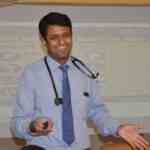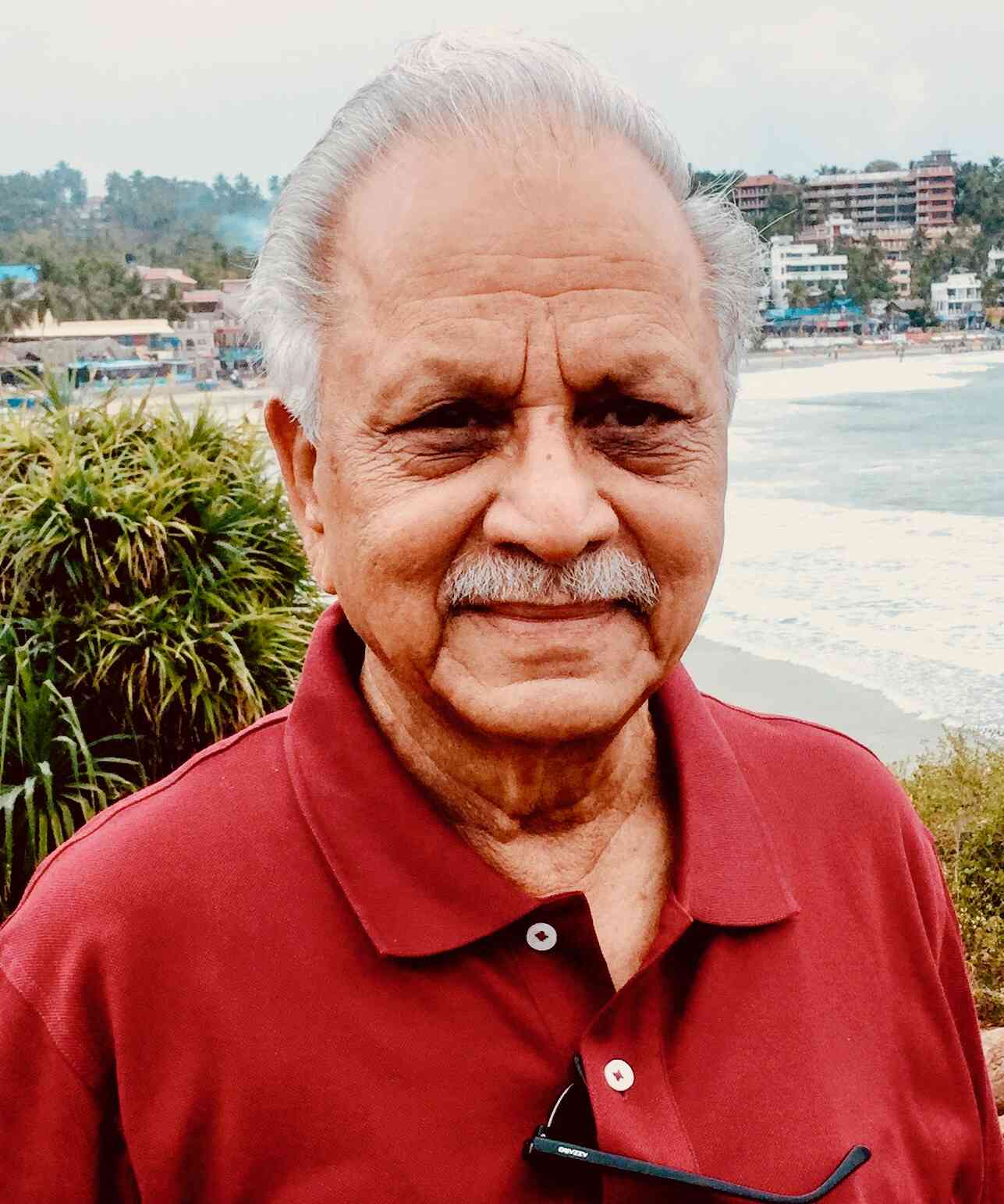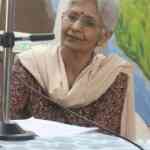Learning Is A Continuous Process and Age Has No Limit to It. Here’s Why
Dr Naganath Narasimhan Prem, Chief Consultant Geriatric Medicine/Elderly Care Specialist, Department of Geriatric Medicine, Jaslok Hospital, Mumbai has highlighted here the importance of learning among older adults and how it can be a key to active ageing.
Albert Einstein has rightly said “Once you stop learning, you start dying. As we observe the International Day of Education on January 24 every year, we must realise that age is never a limitation when trying to learn a new skill. Dr Naganath Narasimhan Prem, Chief Consultant Geriatric Medicine/Elderly Care Specialist, Department of Geriatric Medicine, Jaslok Hospital, Mumbai believes that learning is continuous and we do it at various stages in life. The way we learn might be different but learning is an essential part of life and should be continued even in the later stages of life. Dr Narasimhan has highlighted the importance of learning among older adults and how it can be a key to active ageing.
Education in later life can be defined as acquiring knowledge and new skills in a conscious and targeted manner. Life-long learning in old age can be defined as a personally and socially motivated experience-based learning. It includes every targeted learning activity that serves to continuously improve skills, abilities and competencies.
Education and learning are assumed to be important factors in facilitating participation in society, allowing adults to enjoy a positive quality of life and adapt to changes within the environment in areas such as technology, lifestyle, finances, and health which are strong predictors of longevity and active ageing.
Benefits of Learning at an older age
It keeps one healthier and active: As we get older we must keep our brain active. Learning new skills or new subjects helps in keeping the mind sharp. Continued learning helps in improving memory by maintaining the brain.
It gives an emotional boost: Learning new things boosts self-esteem. On learning a new skill, one feels stronger and more confident. New skills, when acquired, give a sense of independence which ensures being healthy and happy. Learning provides older adults with the skills and confidence they need to participate effectively in decision-making processes, increasing their self-efficacy. This form of self-esteem leads to improved performance in solving not only cognitive problems but daily life challenges. Learning a new language, developing an understanding of different religions, and mastering new technologies provide examples of challenging problems that are useful in enhancing the belief in one’s ability to handle new tasks—the “Can-do Factor”.
It enables meeting new people: When one attends a class or lecture among multiple participants one gets an opportunity to meet people with similar interests. It paves the way to have great acquaintances.
It positively impacts mental health: It helps in having a sense of identity, ability to cope and a feeling of purpose in life. It also gives a greater level of wellbeing, especially in older adults, an increase in life satisfaction and positive changes in mental wellbeing.
It enhances cognitive health: Learning has a positive and lasting impact on cognition. Everyday activities can to an extent help in stimulating the brain. But active learning is a complex process and can be considered an ideal mean of cognitive stimulation. It need not always be some courses, but it can simply be learning something new and stimulating, such as gardening or being involved in a group discussion on a current topic. Learning something completely new, unfamiliar and mentally challenging provides more stimulation mentally and socially. Hence it is better for cognitive health.
Learning a new skill, and then mindfully applying what you learn will improve cognitive functions but can also provide years of future enjoyment.
Consider taking classes in:
Photography
Flower arranging
Drawing
Scrapbooking
Cooking classes – maybe something specific like cooking for someone with diabetes, or low-cholesterol cooking
Learning how to use a smartphone, and using social media such as Facebook or Instagram
U3A – University of Third Age
U3A, L’Universite du Troisieme Age or University of the Third Age, was founded in
Toulouse, France in 1972 where universities began to provide educational opportunities for older adults. The experiment met with almost immediate success and soon spread to other European countries. Every member of the educational group was encouraged to contribute voluntarily to the running of their U3A organization in some way. Now it has spread to various countries and has different models of functioning.
The motto among older adults should be ‘What classes are coming up?’ instead of ‘ My life is over’. As the baby boomer generation ages, they will continue to actively seek out creative and innovative lifelong learning opportunities to integrate with their life. This is an interesting way to encourage older adults of our society to maximize the many benefits of lifelong learning.
Why should one learn
To give back
To teach, use new skills
To constantly learn never stop
To keep the mind active, use the brain, stay mentally stimulated
To obtain goals
Understanding of the meaning of life
Understanding self better
To focus on positives and not negatives
Extend thinking and learning capacity
Actively participating in life, giving it a new meaning
To develop new friendships
What should one learn
About other cultures
New talents
New skills, vocation(counselling, gardening, etc)
Craft, painting, drawing
Driving a car
Learning languages
Technology usage
Spiritual aspects of life
Hobbies
Current affairs
New subjects
Music
Family History
How should one learn
Travel
New activities
Reading
New experiences
New challenges
Cultural activities
Seeking opportunities
Moving out of Comfort zone
Mentoring
Where should one learn
New places
At work
From others young and old
Support groups
Groups for art, dance, language, drama
At home
Formal courses
Volunteer organizations
E-Learning online
Learning is very important at any age and among older adults, it helps in improving physical and mental health.
Lifelong learning is the secret to happiness in older age, benefiting both the body and mind. Meet the seniors for whom learning has never stopped. Click here to read about the seniors for whom learning never stopped.
Comments










Post a comment